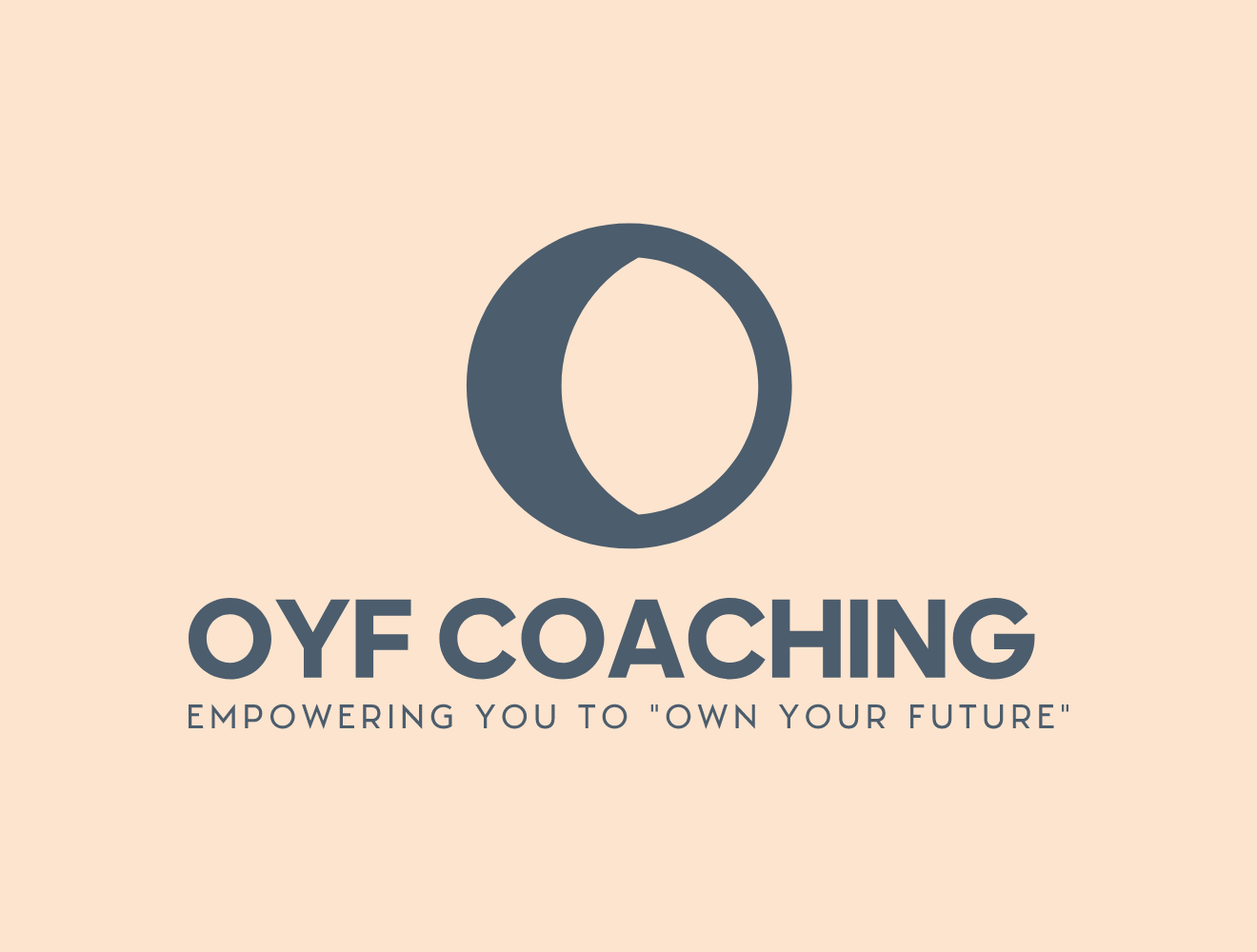Navigating the Distinction: Professional Coach vs. Life Coach
Coaching has become a sought-after avenue for personal and professional growth, but the terms "professional coach" and "life coach" are often used interchangeably, leading to confusion. While both types of coaching share common elements, they cater to distinct areas of individuals' lives. Understanding the differences between a professional coach and a life coach can guide you in selecting the right coaching path based on your goals and aspirations.
Defining the Roles:
Professional Coach: A professional coach specializes in enhancing specific skills and competencies that are relevant to a person's career or professional pursuits. Whether it's leadership development, career transition, or executive skills enhancement, a professional coach provides targeted guidance to propel individuals forward in their professional journey. They often work with executives, managers, and professionals seeking to excel in their roles.
Life Coach: Life coaching encompasses a broader spectrum, focusing on personal growth, well-being, and life satisfaction. Life coaches assist clients in various areas such as relationships, health, personal development, and work-life balance. Their approach is holistic, aiming to empower individuals to lead a more fulfilling and meaningful life across different domains.
Key Differences:
Focus Areas: Professional coaches primarily concentrate on refining skills and competencies that are career-related. Their expertise lies in improving performance, leadership abilities, and career trajectory. On the other hand, life coaches address personal aspects, supporting clients in setting and achieving personal goals, enhancing self-awareness, and overcoming life challenges.
Target Audience: Professional coaches typically work with individuals in the corporate world, executives, managers, and professionals aiming to advance in their careers. Life coaches serve a broader range of clients, including those seeking personal development, improved relationships, increased well-being, and work-life balance.
Coaching Techniques: Professional coaches often employ industry-specific techniques, such as leadership assessments, goal-setting frameworks, and performance evaluation tools. Life coaches draw from various methodologies, including positive psychology, mindfulness, and emotional intelligence, to facilitate personal growth and fulfillment.
Outcomes: Professional coaching outcomes are often tied to career advancement, improved leadership skills, and enhanced performance within the workplace. Life coaching outcomes revolve around personal growth, greater life satisfaction, improved relationships, and a sense of well-being.
Whether you're aiming to excel in your career or seeking holistic personal development, understanding the distinction between a professional coach and a life coach is essential. Both types of coaching offer unique benefits that cater to different aspects of an individual's journey. Clarifying your objectives and aspirations will help you choose the coaching path that aligns best with your needs, propelling you towards a more successful and fulfilling future.
